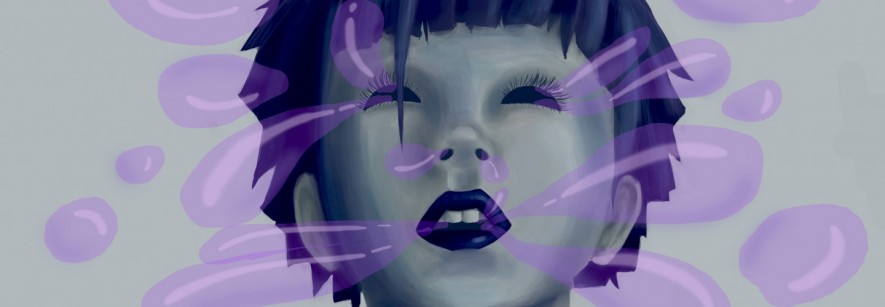Should Video games perpetuate gender and racial stereotypes?
This is quite a touchy subject that’s always caught in the crossfire of arguments and discussion. The main focused victims of sexism are females who are proclaim to have issues with how they are depicted within games and are treated for playing them. Such online discussion about female players became known through Twitter with the hashtag “#1reasonwhy”, which came about when Luke Crane asked “Why are there so few lady game creators?“. Many responses raised varied points such as how they were ignored, sexist slurs, not catering to the designs of over-sexualised characters and sexual harassment. On the positive side, another tag, “#1reasontobe” was made to encourage women to speak up and follow their aspirations, and just like the negatives were listed, many more positives were brought up.
Women in games are widely shown as busty, curvaceous babes, either as a damsels in distress or kicking ass. But these physical aesthetics make many uncomfortable, especially women, as it’s argued that these characters are not realistic. This however is the same for males as they will typically be tall with a ‘heroic’ body build. But, this is not the only body shape for both playable characters and NPC’s, unlike the limited build for women.
As games are becoming more cinematic, sexual themes have become more present, and are presented in a number of ways. Such as eye candy which isn’t always a busty babe in a bikini but can just be a cute chick in the team, never the less, it has to be an attractive woman (or man!) to give the game more desirable. Nudity, whether its partial or a complete birthday suit, many women seem to be losing more and more clothes for reasons that seem to exist for the heck of existing. For example in the later installments of the Soul Calibur series, when a character is hit enough, items of clothing will break off, which in the case of the custom character- based on what their underwear is set as- will be stripped to their underwear.
In God Of Wars case, some women (or humanoid women) will be nude to present its time, and though it might be done in a casual historic way, it is definitely seen as something else, especially with the option of joining beautiful women in bed.
There are a lot of cases where having a female avatar will get attention from male players; whether that attention is wanted or not. But it’s the negative attention that makes female gamers uncomfortable. Other users will harass female gamers, discussing topics outside of the game that are not seen as charming, shall I say. This will lead to players having a disdainful experience and might either put them off playing or making a new avatar that is a male or not very pleasing to the eye.
“Stygian Physic is big, black, and male. I created him that way because I didn’t want to get hit on all the time. I wanted to be noticed for my skills, not my pixel-boobs. By playing as a guy, I found that people treated me differently. Being a guy enabled me to form relationships that I would never otherwise be able to experience.”
Rebecca Glasure, Alter Egos: Avatars and their Creators, Robbie Cooper.
Other References:
God Of War series, SCE Santa Monica Studio, Sony Computer Entertainment America.
Soul Series, Namco.
Fruzsina Eordogh, Slate, Video Game Industry Has Twitter Powwow On Sexism With #1ReasonWhy, http://www.slate.com/blogs/future_tense/2012/11/27/_1reasonwhy_hashtag_video_game_industry_has_twitter_powwow_on_sexism.html
Jeremy Render, Sexism in Video Games, Cheat Code Central, http://www.cheatcc.com/extra/sexisminvideogames2.html#.UPiAyB1g9vd
Laura Bates, The Independent, Art Imitating Life: How Sexism in Video Games Mirrors Real-Life Gender Imbalance, http://www.independent.co.uk/voices/comment/art-imitating-life-how-sexism-in-video-games-mirrors-reallife-gender-imbalance-8381426.html
Mary Hamilton, The Guardian, #1reasonwhy: the hashtag that exposed game industry sexism, http://m.guardian.co.uk/technology/gamesblog/2012/nov/28/games-industry-sexism-on-twitter
